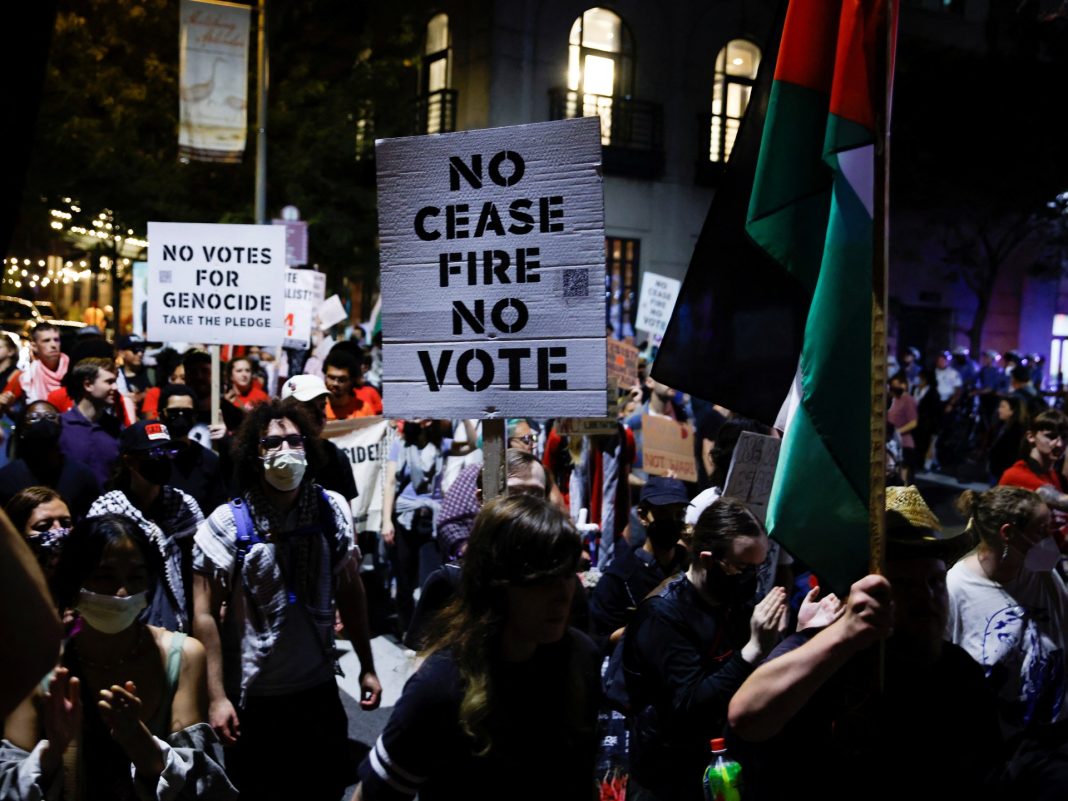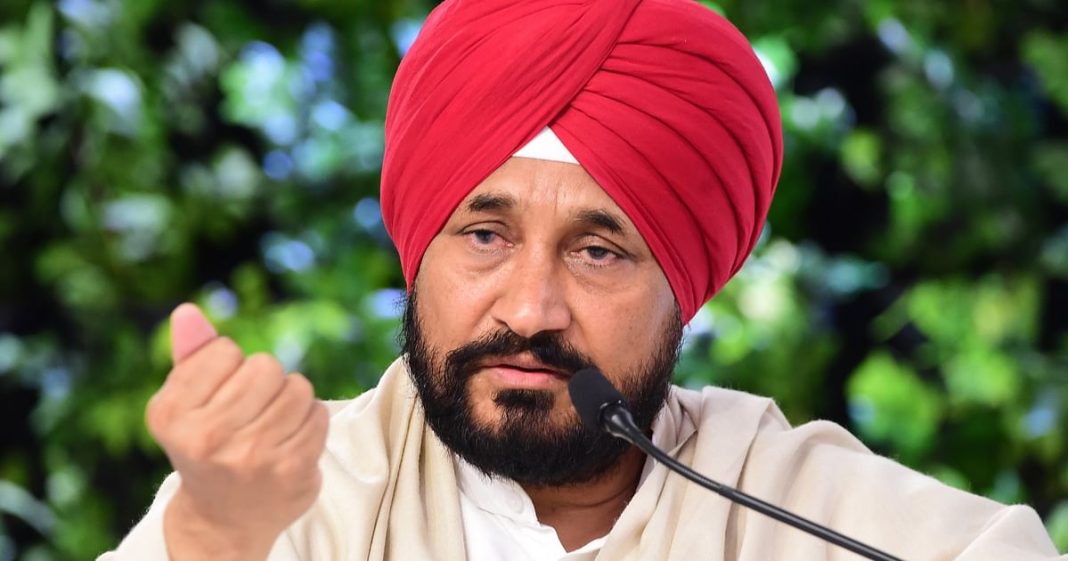Election Countdown: Israel’s Military Actions Could Impact Kamala Harris’s Chances
As the clock ticks down to the United States presidential election on November 5, analysts are raising alarms about how Israel’s ongoing military campaigns in the Middle East might affect Vice President Kamala Harris’s bid for the presidency. With tensions escalating in Gaza and Lebanon, the Biden administration’s steadfast support for Israel is causing a rift within the Democratic Party, particularly among Arab American voters who feel increasingly alienated.
Foreign policy typically takes a backseat in U.S. elections, but the current situation in the Middle East is different. Israel’s year-long war in Gaza, which has resulted in the deaths of over 42,000 people, many of whom are women and children, has ignited fierce debate about America’s role in the conflict. This has left many voters questioning the Biden administration’s unwavering support for Israel, a stance that has splintered the Democratic base.
Jim Zogby, co-founder of the Arab American Institute, notes that Arab Americans, who once identified as Democrats by a two-to-one margin during the Obama administration, now show nearly equal support for both parties. "This is a constituency that feels betrayed," Zogby explains. The Biden administration’s backing of Israel’s military actions has led to a significant drop in support among Arab voters, who previously favored Biden with 59% of their votes in 2020.
In a tight race against former President Donald Trump, Harris’s campaign is particularly vulnerable in key states like Michigan, where a substantial Arab American population could sway the election. Polls indicate that Harris and Trump are nearly tied among Arab voters, with Harris receiving 41% support compared to Trump’s 42%. This is a stark contrast to the 17% support Biden had among Arab voters just a month ago.
The Biden administration’s handling of the Gaza conflict has not only angered Arab Americans but has also raised concerns among younger voters and communities of color. A recent Pew Research Center poll revealed that many Americans, especially Democrats, believe the U.S. should play a more active role in resolving the conflict. Yet, Harris has largely maintained the same stance as Biden, refusing to call for an end to U.S. weapons transfers to Israel, which has frustrated many in her party.
As the election approaches, the stakes are high. Michigan, with its significant Arab population, is a critical battleground. Polling averages show Harris leading Trump by a slim margin of just 1.8%, which is well within the margin of error. The potential for third-party candidates to siphon votes away from Harris adds another layer of uncertainty.
While foreign policy may not be the top priority for most voters, over 80% of Arab Americans indicate that the situation in Gaza will influence their voting decisions. This demographic is concentrated in swing states, making their votes particularly impactful. Some Arab Americans are contemplating a protest vote or even abstaining from voting altogether, which could have dire consequences for Harris’s campaign.
As the final weeks of the election unfold, the threat of further escalation in the Middle East looms large. Recent military actions, including Iran’s missile attacks on Israel and Israel’s ground operations in Lebanon, have heightened fears of a broader conflict. This uncertainty could further complicate Harris’s chances as voters grapple with the implications of U.S. foreign policy.
In this charged atmosphere, the Democratic Party faces a critical moment. Zogby warns that if the party fails to address the concerns of Arab Americans and other marginalized groups, it could pay a steep price at the polls. "The pro-Palestine movement is now part of a larger focus on social justice," he says. "If Democrats don’t adapt, they risk losing vital support."
As the election draws near, all eyes will be on how Harris navigates these turbulent waters. With the potential for a significant shift in voter sentiment, the outcome of the election could hinge on how well she addresses the concerns of a diverse electorate grappling with complex issues both at home and abroad.



